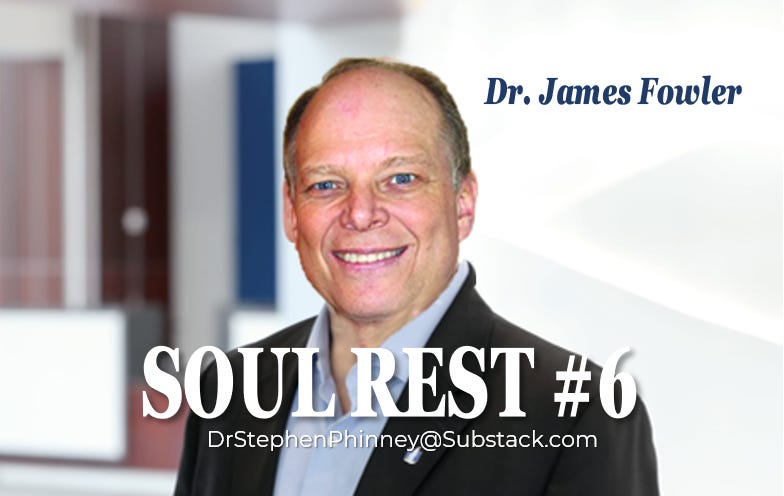DR. JAMES FOWLER: Soul Rest (Part 6)
There is no doubt that the future heavenly experience will indeed be restful without any need for personal performance, but this is not the concept of "rest" that predominates in the new covenant.
Dr. James Fowler is one of the leading authors on the believer’s union with Christ. He has written 20+ books on the topic. He is a theologian, Board Member of IOM America, and dear friend of Dr. Stephen Phinney. He is the founder of Christ in You Ministries. We hope you are blessed by his series, “Soul Rest.”
CHRISTIAN CONCEPTS OF REST
A survey of Christian thought concerning "rest" reveals that this concept has suffered from various misemphases. Many have relegated "rest" to an expectation of heavenly rest that is longed for, only to be realized in the future. This is the theme of the Puritan classic by Richard Baxter, entitled The Saint's Everlasting Rest: A Treatise of the Blessed State of the Saints in their Enjoyment of God in Heaven.
There is no doubt that the future heavenly experience will indeed be restful without any need for personal performance, but this is not the concept of "rest" that predominates in the new covenant scriptures.
It is questionable whether any of the New Testament references to "rest" refer to heavenly rest. It is a favorite theme of Christian hymnody, however. Another form of future rest sought by many Christians is the paradisiacal repose in an expected earthly millennial kingdom, but this is a doubtful interpretation of Christian "rest."
In a similar line of thought, many have pictured "rest" as the reclining repose of "resting on the promises of God." In this case "resting" is similar to "reckoning" that God will faithfully keep His promises. Though not illegitimate, this is primarily an old covenant concept. Jewish eschatology always focused on the future promises, whereas Christian eschatology revels in the fact that the promises of God have been fulfilled and realized in Jesus Christ. "For as many as may be the promises of God, in Him they are yes" (II Cor. 1:20). Rather than "resting on the promises," Christians are to "rest" in the ever-present grace of God realized in Jesus Christ. Wait, there’s more…
Keep reading with a 7-day free trial
Subscribe to Center for Eschatological Studies | The End Times Chronicles to keep reading this post and get 7 days of free access to the full post archives.





